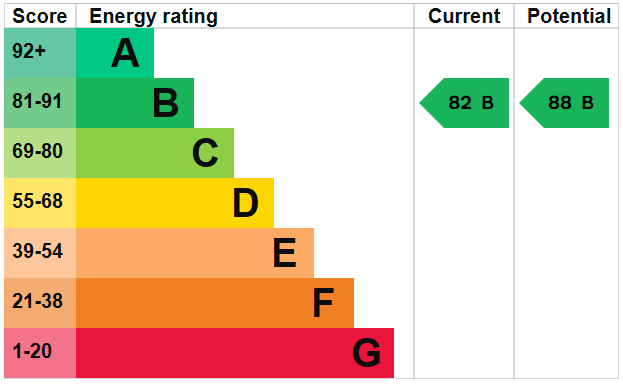Green Property Management: Boost Your Rental Portfolio Value with Eco-Friendly Practices
- The Anonymous Investor
- Sep 20, 2024
- 3 min read
Updated: Jun 5, 2025
Hey there, #StoreTroopers!
As a UK property investor, you’ve probably noticed the increasing buzz around sustainability. But how do you turn all that green talk into green action? Let’s dive into some practical, eco-friendly practices that can make your property portfolio not just more sustainable, but also more appealing to tenants and cost-effective in the long run, but first…
Why Go Green?
The UK government has set ambitious targets to achieve Net Zero by 2050, with intermediate goals such as reducing carbon emissions by 78% by 2035. The property sector, which accounts for about a fifth of the UK’s carbon emissions, is under particular scrutiny. If you’re a landlord, this means that sooner rather than later, you’ll need to start thinking green, not just to comply with regulations but to stay competitive in the market.
Sustainable properties are increasingly attractive to tenants, who are becoming more eco-conscious. Furthermore, eco-friendly upgrades can enhance your property’s value, reduce long-term maintenance costs, and in some cases, even provide you with financial incentives through government grants.
Steps to Greener Properties
Improve Energy Efficiency
The first step towards a sustainable property is improving energy efficiency. Start with the basics like insulation whether it’s loft, wall, or floor insulation. The UK government’s Green Homes Grant, although it has had its ups and downs, has provided a blueprint for the types of improvements that can significantly boost energy efficiency. For instance, solid wall insulation can cut heat loss considerably, making homes warmer in winter and cooler in summer.
Upgrading Windows
Double or triple glazing, installing energy-efficient doors, and ensuring your property has the latest in boiler technology are also crucial steps. These measures not only reduce your carbon footprint but can also increase your property’s Energy Performance Certificate (EPC) rating, which is becoming more important as the government moves to tighten EPC requirements.
Harness Renewable Energy
Consider integrating renewable energy sources like solar panels or heat pumps. These not only reduce dependency on the grid but can also generate income through schemes like the Smart Export Guarantee, where you can sell excess energy back to the grid.
The Government Property Agency
For example, has been leading by example by maximising the use of sustainable technologies across its portfolio, showing that even heritage buildings can be retrofitted with modern, green tech like solar panels and efficient HVAC systems.
Water Efficiency
Water conservation is another critical area. Installing water-saving fixtures such as low-flow toilets and shower heads can significantly reduce water consumption. Greywater systems that recycle water from sinks and showers for use in toilets or gardens are also worth considering for larger properties or blocks of flats.
Sustainable Building Materials
If you’re involved in new builds or major refurbishments, opt for sustainable building materials. This might include reclaimed wood, low-VOC paints, and insulation made from recycled materials. The goal is to reduce the environmental impact of the building process itself.
Let’s Talk Green Benefits
Investing in green improvements isn’t just about saving the planet there are tangible benefits for landlords too:
Higher Property Values
Eco-friendly features are becoming a selling point. Properties with higher EPC ratings and modern, sustainable features can command higher rents and sales prices.
Tenant Retention
Tenants, especially the younger generation, are increasingly prioritising sustainability. Offering properties that align with these values can reduce vacancy rates and improve tenant retention.
Long-Term Savings
While the initial outlay for green improvements can be high, the long-term savings on energy bills, maintenance, and potential future regulatory costs make it a smart investment.
For more detailed guidance and financial incentives, be sure to explore resources like the Government Property Sustainability Strategy and the National Residential Landlords Association (NRLA).
Final Thoughts
Greening your property portfolio is no longer optional it’s the future of property investment in the UK. By taking steps now to improve energy efficiency, integrate renewable energy, and adopt sustainable materials, you’ll not only be doing your part for the environment but also positioning your properties for success in a rapidly changing market.
So, why not take the plunge? After all, green is the new gold.
Until next time, keep your investment compass steady and your dreams of property prosperity alive!
The Anonymous Investor.
*This blog post is for general information only and is not financial advice. Always speak to a financial advisor for guidance on your specific situation.





Comments